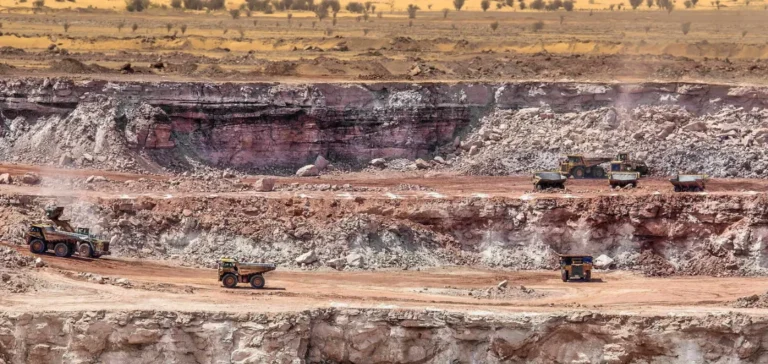French group Orano has confirmed the release of its local representative in Niger, Ibrahim Courmo, who had been detained since May. The announcement comes amid worsening relations between the nuclear fuel cycle company and Niger’s ruling authorities, who seized power in July 2023.
Loss of operational control and legal disputes
The dispute between Orano and Niamey escalated soon after the military junta’s arrival, as the new leadership moved quickly to assert control over the country’s natural resources. In December 2024, Orano confirmed it had lost operational control of its three Niger-based mining subsidiaries: Somaïr, which remains active, Cominak, shut down since 2021, and the Imouraren deposit, considered one of the world’s largest with reserves estimated at 200,000 tonnes.
In June, Niger’s authorities nationalised Somaïr, deepening the rift with the French group. In response, Orano, more than 90% owned by the French state, launched several international arbitration proceedings. In late September, a tribunal ruled in Orano’s favour, barring Niger from selling uranium extracted by Somaïr, estimated at around 1,300 tonnes of concentrate valued at €250mn ($267mn).
A symbol of Franco-Nigerien tensions
The prolonged detention of Ibrahim Courmo, which Orano described as illegal, had become emblematic of the standoff between Niamey and Paris. It reflects a growing rejection of French influence in West Africa, with Niger’s junta openly seeking new strategic partnerships with countries such as Russia and Iran.
Niger currently supplies 4.7% of the world’s natural uranium, far behind Kazakhstan, which accounts for 45.2% of global output, according to 2021 data from the Euratom Supply Agency (ESA). Despite the loss of its local assets, Orano maintains strategic interest in Niger’s uranium deposits, especially Imouraren, whose potential remains untapped under current bilateral conditions.






















